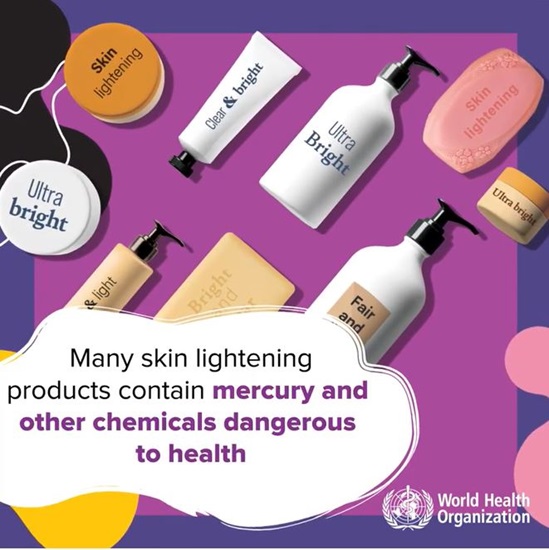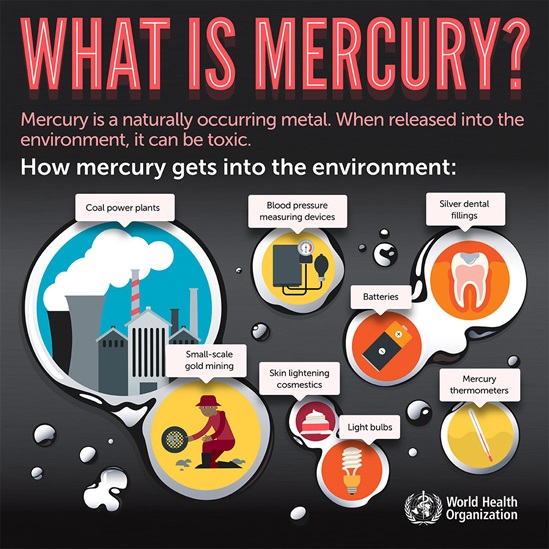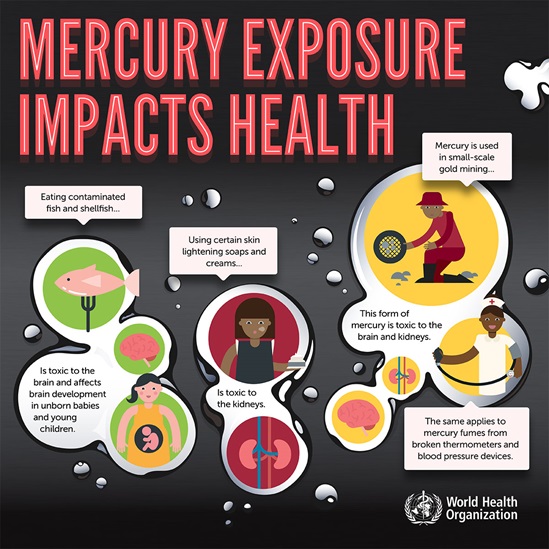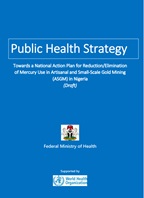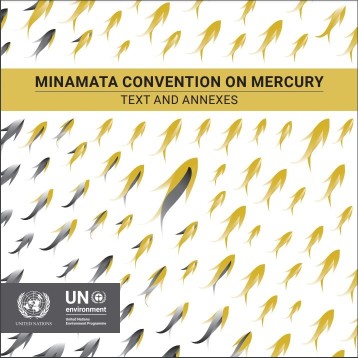
Mercury
Mercury is toxic to human health, posing a particular threat to the development of the child in utero and early in life. Mercury exists in various forms: elemental (or metallic); inorganic (e.g. mercuric chloride); and organic (e.g., methyl- and ethylmercury), which all have different toxic effects, including on the nervous, digestive and immune systems, and on lungs, kidneys, skin and eyes.
It has been estimated that among selected subsistence fishing populations, between 1.5/1000 and 17/1000 children showed cognitive impacts caused by the consumption of fish containing mercury. Mercury releases in the environment result mainly from human activity, particularly from coal-fired power stations, residential heating systems, waste incinerators and as a result of mining for mercury, gold and other metals. Once in the environment, elemental mercury is naturally transformed into methylmercury that bioaccumulates in fish and shellfish.
Human exposure occurs mainly through inhalation of elemental mercury vapors during industrial processes and through consumption of contaminated fish and shellfish. Interventions to prevent environmental releases and human exposure include:
- eliminating mercury production and use in mining and industry;
- promoting use of clean energy sources that do not rely on burning of coal;
- switching to non-mercury thermometers and sphygmomanometers in health care; and
- implementing safe handling, use and disposal of mercury-containing products and waste.

Tackling skin lightening’s harms
A project in Gabon, Jamaica and Sri Lanka to eliminate mercury in skin-lightening products is highlighting the challenges faced in achieving that aim....

Prevention and treatment of dental caries with mercury-free products and minimal intervention
This publication, the first in a series of briefing notes on oral health, focuses on the prevention and treatment of dental caries (tooth decay) with mercury-free...

Report of the informal global WHO consultation with policymakers in dental public health, 2021: monitoring...
Despite advances in modern dentistry, untreated dental caries in permanent teeth was reported as one the most prevalent conditions assessed in the 2019...
Video and infographics
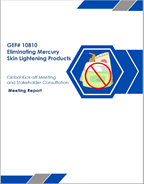
Report of the Global Eliminating Mercury Skin Lightening Products (SLPs) Kick-off Meeting
The project Eliminating Mercury Skin Lightening Products (SLPs) was developed to reduce the risk of exposure to mercury added products through...

This report presents an assessment of the institutional readiness to detect, prevent and address health issues associated with ASGM and aims...



